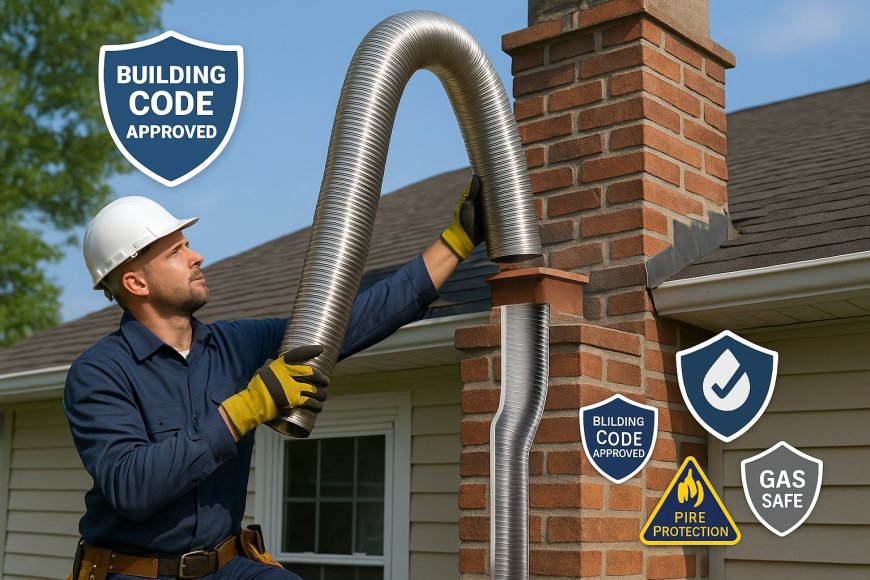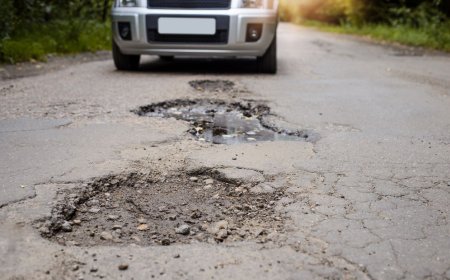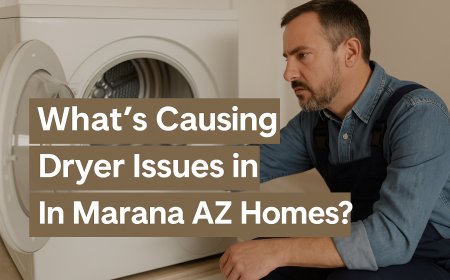Why Might a Chimney Liner Be Required by Building Codes?
Building codes often require chimney liner to ensure safe venting of smoke and gases, prevent fires, and protect the home’s structure from heat damage.

Chimney Linerthose two words might not mean much to you at first glance, but if youve ever wondered why they pop up in home inspections and renovation talks, youre not alone. Whether youre moving into a new place or fixing up an old one, youll likely come across the idea that a chimney liner isnt just a fancy upgradeits something building codes often demand. But why? Well, lets break down the reasons in plain, easy-to-understand terms, so youll get why aChimney Linercan be a must-have, not just a nice-to-have.
Key Features: What Exactly Does a Chimney Liner Do?
Think of a chimney liner as a protective sleeve tucked inside your chimney. Its main job is to keep the heat, smoke, and irritating gasses from sneaking out of the chimney and into your homes structure. Without this barrier, all sorts of thingslike sparks, hot air, and even acidic fumescan cause trouble for your walls and ceilings.
Heres a quick look at the main things a chimney liner brings to the table:
| Feature | Why It Matters |
|---|---|
| Heat Protection | Stops the heat from the fire from damaging nearby walls or roof materials. |
| Gas Safety | Helps dangerous fumes like carbon monoxide escape safely outside, not into your home. |
| Spark Shield | Prevents stray sparks from coming into contact with anything flammable hidden inside your walls. |
| Structural Guard | Protects the brick, stone, or concrete making up your chimney from breaking down over time. |
In short, a chimney liner acts like a double layer of insuranceone for your homes structure, and another for everyones safety under your roof.
Safety: The Heart of the Code
Building codes arent about making life harderthey exist to keep you safe. Fire is unpredictable, and chimneys are one of the main places it can get out of hand. When you light a fire in your fireplace, the heat and smoke rush up the chimney. If theres no liner, or if the liner is old and cracked, that heat might slip through small gaps in the masonry and start toasting things you definitely dont want to burn, like wooden beams or insulation.
Plus, smoke isnt just smoke. It carries gases like carbon monoxide, which you cant see or smell. If these gases sneak into your home instead of heading up and out, you could end up with a very dangerous situation. Thats why building codes often say, No liner? No go. They want to stop accidents before they start.
"A well-installed chimney liner isnt just about following rulesits about protecting your family, your home, and your peace of mind."
Cost: Spending Now Saves Later
Its easy to think of a chimney liner as just another expense on a long list of home improvement costs. But heres a different way to see it: a liner is an investment that can actually save you money down the road. Without one, your chimneys bricks and mortar are exposed to intense heat and chemical reactions every time you use the fireplace. Over time, this can mean pricey repairs, or even having to rebuild parts of your chimney.
More importantly, if a fire starts because you skipped the liner, youre looking at major damage and even bigger billsnot to mention the risk to everyone in the house. Insurance companies may even deny claims if your chimney wasnt up to code. So, spending a bit more upfront on a proper liner is often much cheaper than dealing with the consequences of not having one.
Emergency Service: When the Unexpected Happens
Imagine waking up in the middle of the night to that unmistakable smell of smoke, only to find out its coming from somewhere inside your walls. Thats a nightmare scenario for any homeowner. Chimney fires can move fast, and by the time you notice somethings wrong, serious damage might already be done.
Emergency crews know that homes with chimney liners are safer to enter and deal with if something goes wrong. Liners slow down the spread of fire, giving you extra minutes to get everyone out and for firefighters to respond. Plus, if repairs are needed after an emergency, having a liner installed usually means less damage to the overall chimney, making fixes easier and faster.
Wrapping Up: Why Codes Care About Chimney Liners
So, when you hear someone say that a chimney liner is required by code, its not just a formality or a way to complicate your renovation plans. Its about building a safer, longer-lasting home. Liners protect against fires, dangerous gases, and expensive repairs. Theyre a line of defense that building codes insist on for a reason. If youre looking at buying a house, renovating, or just want to feel safer during those cozy winter nights by the fire, making sure your chimney has a proper liner is a smart move for you and everyone who lives under your roof.
Read More: Lancaster Chimney Sweep



























